Time for a Cloud?

Cloud computing seems to be the new buzz phrase in the world of information technology. Still, many accounting professionals are wondering: “What exactly is a cloud and how can it help improve my business?”
In simple terms, cloud computing is the use of computing resources (hardware and software) that are delivered as a service over the Internet. The name comes from the use of a cloud-shaped symbol as an abstraction for the complex infrastructure it contains in system diagrams.
Cloud-based software has been rapidly expanding in the business world. For many accounting professionals, the cloud is effectively providing the tools necessary to cut technology costs and take advantage of enterprise-grade technology without large scale investments. Along with promising ways to reduce IT expenses and risk associated with business interruptions or security breaches, cloud computing has given business owners the means to be more productive, agile and develop closer relationships with people they do business with.
For the past several years, information technology has been undergoing a shift from computing resources and services based on on-premise equipment, to the cloud, where users can access those same services and resources from anywhere, at any time – via the Internet.
The question still remains: “What systems do I consider putting in the cloud?”
Many individuals have been introduced to cloud computing through e-mail and social networking applications. As an accounting professional, you may want to look past these popular uses to the advanced computing made possible by cloud technology:
Customer Relationship Management
Though many organizations have yet to implement a formal Customer Relationship Management (CRM) system, many are moving in this direction. If you’re in search of a way to enhance customer relationships, sales capabilities and sales management, look no further that placing CRM in the cloud. With solutions like NetSuite and Microsoft Dynamics CRM, there are many viable business options.
Information Exchange/ Client Portals
One of the most challenging areas CPAs and other tax professionals face is facilitating the exchange of information with clients in a way that allows them to overcome complexity on two fronts: security and ease of use.
Whether you build your own client portal and host sensitive client data in the cloud, or leverage a third-party solution such as Microsoft SharePoint, these tools can lend both security and usability. Much of the perceived concern surrounding the security of the cloud computing seems to be related to the ease of sending files via the Internet.
With this concern about security when using cloud computing, there is one more question to answer: “Is the cloud safe?”
Statistics support the fact that cloud-based accounting solutions are safer and present less risk that housing the data yourself. In fact, thousands of businesses have made the migration to hosted financial systems, moving past the point of distrust and taking note of the advances this technology is bringing to the table on many fronts – security, availability of data, up-to-date applications and more.
By combining an integration applications strategy with cloud technology, businesses should experience more efficient, cost-effective growth and improved competitiveness, while being able to focus more on their core services and less on the underlying technology.



